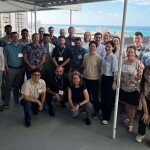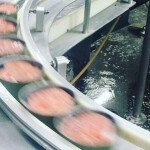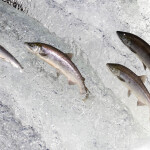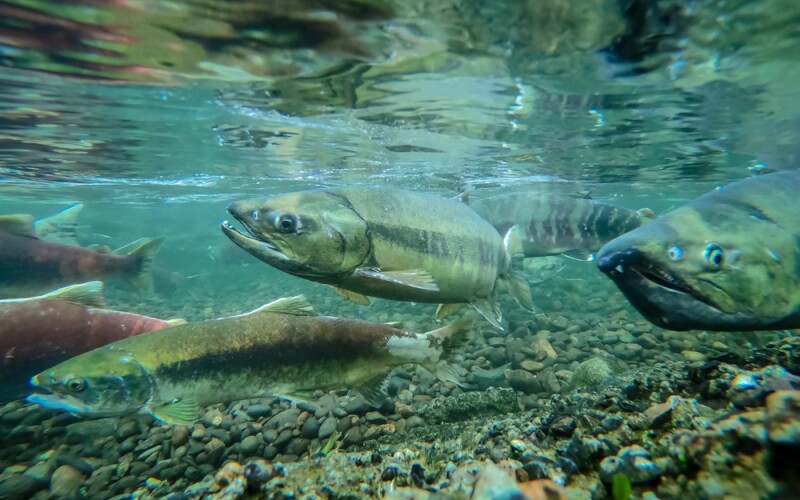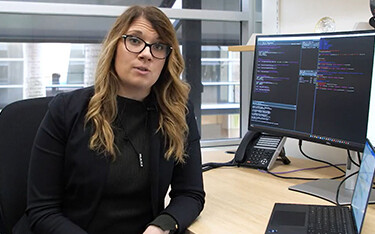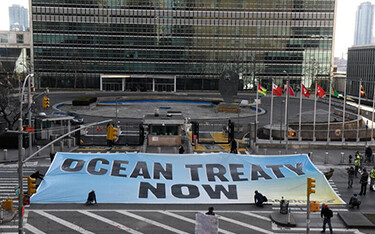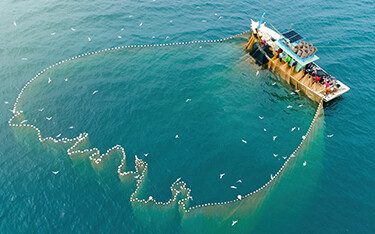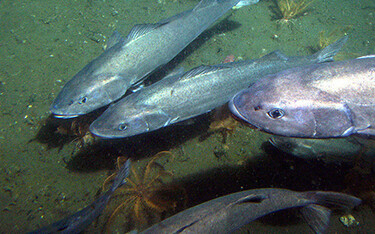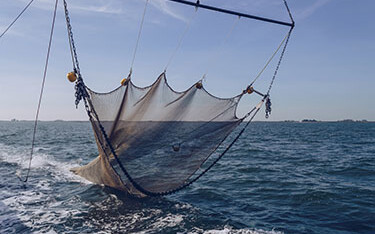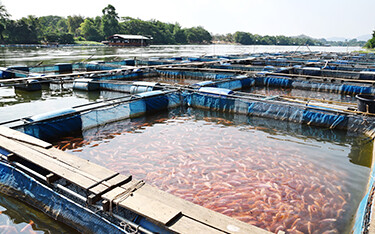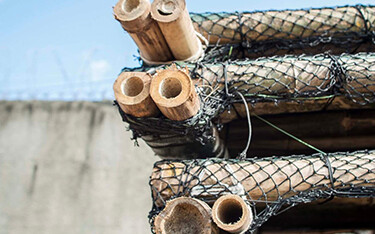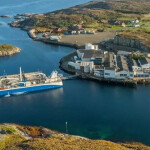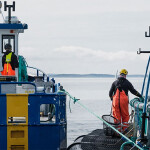Emma Desrochers is a freelance journalist based in Waialua, Hawaii, who writes about fisheries and sustainability. She graduated from Yale University in June 2021 with an undergraduate degree in environmental studies and mechanical engineering. She has contributed to the environmental conservation field through internships located in Ecuador, Thailand, and Hawaii.
Author Archive
A recent literature review that analyzed over 200 studies focusing on the release of hatchery salmonids, which include species such as salmon, trout, and char, revealed hatchery releases often adversely affect marine and freshwater wild salmonid populations.
The research, “A global synthesis of peer-reviewed research on the effects of hatchery salmonids on wild salmonids," which appeared in Fisheries Management and Ecology, scoured over 50
… Read MoreAn Australian doctoral student recently used artificial intelligence to digitally replicate aquaculture farms, a breakthrough allowing fish-farming companies to test new technology and management strategies before real-world implementation, potentially preventing major financial losses before these companies make large investments.
Jessica Hintzche, a doctoral student within University of Queensland’s Alliance for Agriculture and Food
… Read MoreTrustees of the David and Lucile Packard Foundation have approved an initiative to make justice and equity central tenets of the organization’s ocean grantmaking efforts.
The initiative, which aims to provide more equitable and durable support – both regionally and locally – to Indigenous peoples, fishers, and other communities dependent on the ocean, is currently in a transitional phase as it consolidates several strategies
… Read MoreThe Kunming-Montreal Global Biodiversity Framework (GBF), adopted by the United Nations (UN) in December 2022, includes a “30x30” goal to protect 30 percent of Earth’s land and waters by 2030 in an attempt to halt and reverse biodiversity loss.
Though other effective area-based conservation measures (OECMs) count toward the goal, The Pew Charitable Trusts has warned the study of the impact of such designated areas is still
… Read MoreGreenpeace is urging members of the United Nations to promptly sign and ratify the High Seas Treaty, also known as the agreement on Biodiversity Beyond National Jurisdiction Ocean Treaty that the U,N, opened for ratification in September 2023.
The treaty seeks to preserve marine life in the world’s high seas – regions that stretch beyond the 200-nautical-mile limits of countries’ exclusive economic zones (EEZs) and
… Read MoreLondon, U.K.-based nonprofit Planet Tracker has propsoed a new financial system it said could help combat overfishing while allowing investors to fulfill established environmental, social, and governance (ESG) goals.
A September report from Planet Tracker, “Fishing for a Recovery,” introduces a system the nonprofit has dubbed blue recovery bonds, in which the bonds offer upfront capital investment to a fishery in exchange for a
… Read MoreRecent NOAA research forecasts that three high-value groundfish species will migrate toward deeper offshore waters along the United States West Coast due to climate change in the near future, which will likely require fishery managers to adapt their strategies in response.
NOAA’s study, “Species redistribution creates unequal outcomes for multispecies fisheries under projected climate change” was published in the peer-reviewed
… Read MoreBottom trawling, a fishing method that entails towing a net along the ocean floor to capture target species, does not release as much carbon as air travel, according to a response paper that sought to debunk research published in 2021 and picked up by global media outlets, including The Guardian.
The response paper, “Quantifying the carbon benefits of ending bottom trawling,” released in May 2023, claims that Sala et al. – the
… Read MoreOver 90 percent of global blue food production faces substantial risks from environmental changes, with leading seafood-producing countries – including China, Norway, and the U.S. – running the highest risks, according to a new study.
Published in the scientific journal Nature Sustainability, the study, “Vulnerability of blue foods to human-induced environmental change,” included a global analysis assessing the
… Read More
